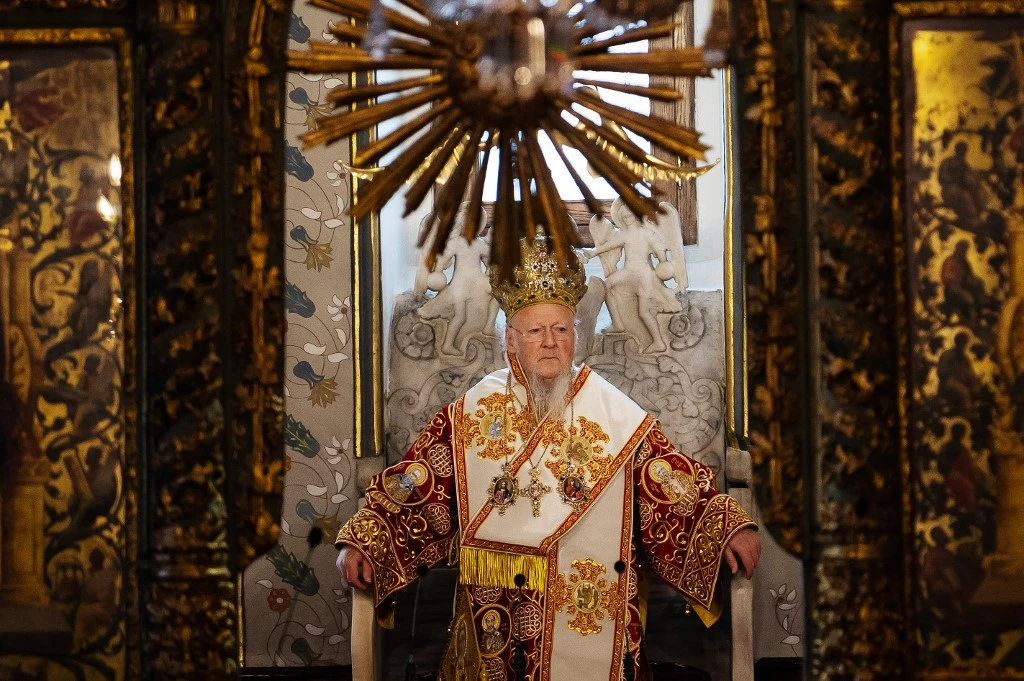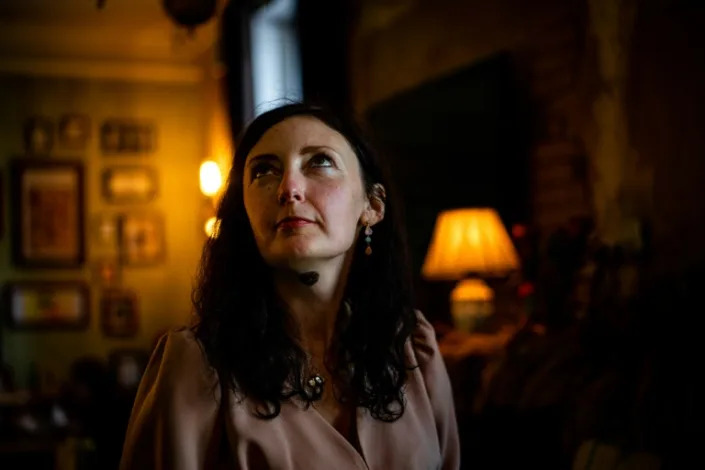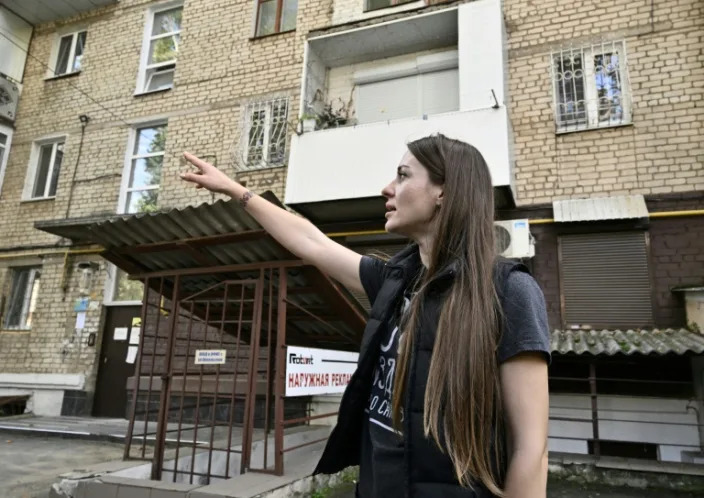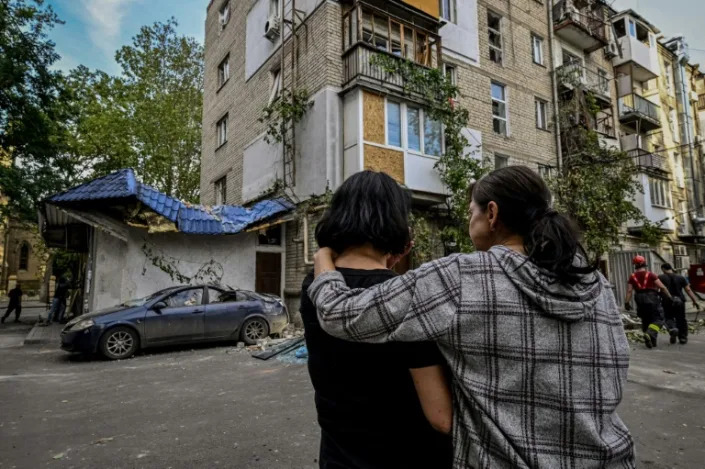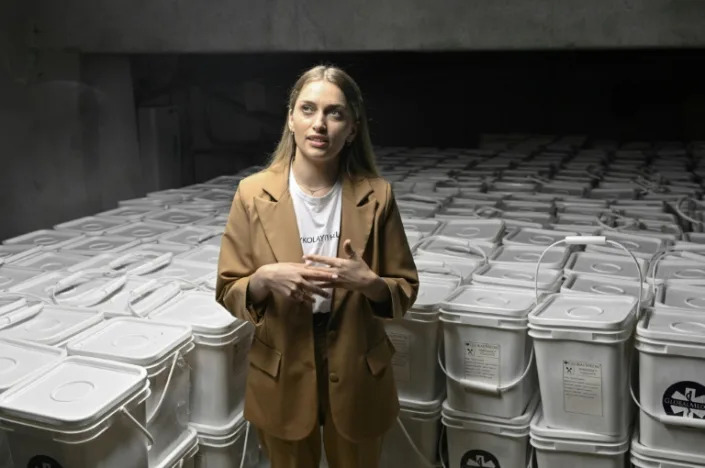Protesters wear clothes reading 'Free Olivier’, referencing a Belgian aid worker reportedly being held in Tehran's notorious Evin prison. (AFP)
AFP
December 25, 2022
Iran has imposed a 28-year jail term on Vandecasteele
41-year-old been held in “inhumane” conditions, Belgium’s government says
BRUSSELS: Supporters of a Belgian aid worker being held in Iran staged a Christmas Day protest in Brussels to demand his immediate release, with a spokesman questioning why a prisoner swap treaty was stalled.
Around 50 people took part in the demonstration under constant rain in the center of the Belgian capital, brandishing pictures of the aid worker, Olivier Vandecasteele.
A spokesman for the campaign to free Vandecasteele, Olivier Van Steirtegem, said the gathering took place because “it’s the first year that Olivier is marking Christmas as a hostage in Iran.”
He said the situation was “unthinkable for his family,” who did not even know where Vandecasteele was being detained.
Vandecasteele, 41, was seized in February and has since been held in conditions that Belgium’s government has described as “inhumane.”
Last week, Iran imposed a 28-year jail term on him, stirring an already bitter debate over a stymied prisoner exchange treaty.
The Belgian government subsequently urged all Belgians in Iran, including dual nationals, to leave the country over the risk that they could be arbitrarily arrested and imprisoned.
Belgium insists Vandecasteele is innocent and was being held as a hostage as Tehran attempts to force Brussels to release an Iranian agent convicted of terrorism.
Under a treaty Belgium and Iran signed earlier this year, Vandecasteele would have been eligible to be swapped for the Iranian Assadollah Assadi.
Assadi, an Iranian diplomat who was stationed in Austria, was arrested in 2018 after German, French and Belgian law enforcement foiled a plot to set off a bomb at a rally outside Paris by an Iranian exiled opposition group.
After three years in detention, he was sentenced last year in Belgium to 20 years in prison for terrorism.
But in early December, Belgium’s constitutional court suspended the implementation of the prisoner swap treaty pending a final ruling on its legality within the next three months.
Van Steirtegem said the Belgian government believed the stalled treaty was “the only path” to getting Vandecasteele freed.
“The question is whether we can accept leaving a Belgian man to potentially die in Iranian jail. All that because we don’t want to transfer a prisoner from here who has already served five years in prison.”











